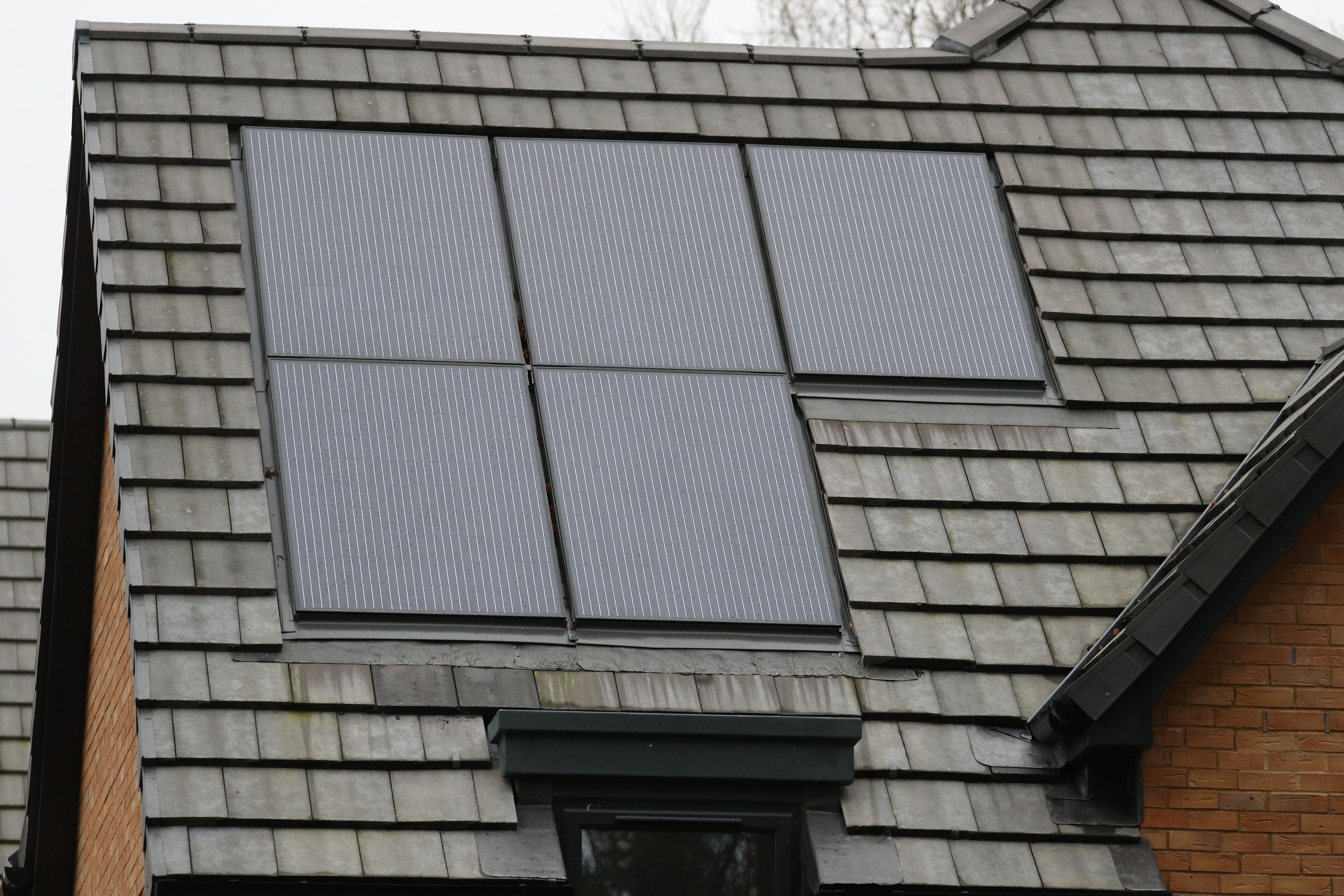
Private landlords in England and Wales will be required to ensure their rental properties meet higher energy efficiency standards by 2030, under new government proposals.
The proposed regulations, currently under consultation, would require that all rental homes achieve an Energy Performance Certificate (EPC) rating of C or above by the end of the decade. The current minimum requirement is an EPC E rating.
The government estimates the changes could save tenants an average of £240 annually on energy bills. By improving the energy efficiency of rental properties, the initiative aims to reduce fuel poverty for up to half a million households, who will no longer face the burden of high heating costs in poorly insulated homes.
Landlords will have flexibility in choosing how they meet the new standards. Options include common energy efficiency improvements like loft and cavity wall insulation, as well as double glazing.
Further measures, such as installing solar panels, batteries, smart meters, or adopting low-carbon heating systems like heat pumps, will also be available to landlords.

The Government is proposing a maximum £15,000 cap beyond which landlords will not have to spend to meet the EPC C rating, with potential for a lower £10,000 cap if renters are charged lower rents or homes are in a lower council tax band.
Officials pointed to support for heat pumps from the boiler upgrade scheme and the warm homes: local grant programme which will provide funding for measures including insulation, solar panels and air source heat pumps.
And with 48% of rented properties already meeting the EPC C grade, the Government wants to see the standard introduced across the board, and believes the move will not lead to increased rents for tenants.
It is estimated that the average cost to landlords of complying with the proposals will be £6,100 to £6,800 by 2030.
Previous proposals requiring landlords to meet EPC C standards for private rented homes by 2028 were axed by then prime minister Rishi Sunak when he watered down a series of green policies in September 2023.
Then the move was welcomed by landlords, but drew criticism that it was locking in tenants to years of higher bills.
Announcing the new consultation on Friday, Deputy Prime Minister and Housing Secretary Angela Rayner said: “For far too long we have seen too many tenants plagued by shoddy and poor conditions in their homes and this government is taking swift action to right the wrongs of the past.
“Through our Plan for Change we are driving up housing standards, improving quality of life, and slashing energy bills for working people and families.”
Energy Secretary Ed Miliband said: “For years tenants have been abandoned and forgotten as opportunities to deliver warm homes and lower energy bills have been disregarded and ignored.”
He said the new changes could save renters £240 a year by raising the efficiency of homes to cut the cost of bills.
“These plans will also make sure that all private landlords are investing in their properties, building on the good work of many to upgrade their homes to Energy Performance Certificate C or higher already,” he said.
New energy performance certificates are also planned, but homes that are already rated A-C under the current system will be considered compliant until the expire, the Government said.
Acting shadow energy secretary Andrew Bowie said: “This misguided announcement will do nothing to lower energy bills in this country.
“On top of the warnings that Angela Rayner is nowhere near meeting her house building targets, and her Renters Rights Bill reducing supply and raising rents – Labour are proposing burdening landlords with heavy costs, which will inevitably be passed onto renters, instead of working to deliver cheaper and more secure energy for this country.”







